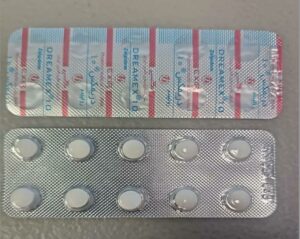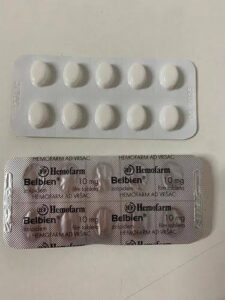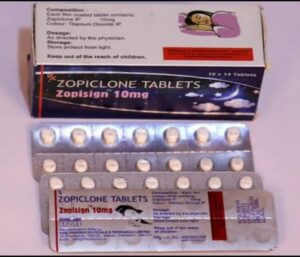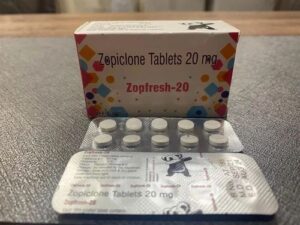Ambien 10 mg (Zolpidem)
Price range: $280 through $617Ambien (Zolpidem) is a prescription sleep aid used to treat insomnia by helping individuals fall asleep faster and stay asleep longer.
Here are some of the most commonly prescribed and effective medications for insomnia, as recommended by doctors. These include sedative-hypnotics like zolpidem and eszopiclone, which help promote sleep by calming brain activity. Melatonin receptor agonists and low-dose antidepressants such as trazodone are also used for their sleep-inducing properties.
Understanding Insomnia and Its Common Treatments
Insomnia is a common sleep disorder that affects millions of people worldwide. It is characterized by difficulty falling asleep, staying asleep, or waking up too early and not being able to return to sleep. Chronic insomnia can lead to fatigue, poor concentration, mood disturbances, and decreased quality of life.
There are several potential causes of insomnia, including stress, anxiety, depression, poor sleep habits, and certain medical conditions. Lifestyle changes such as maintaining a regular sleep schedule, limiting caffeine, and reducing screen time before bed can significantly improve sleep quality.
When lifestyle changes aren’t enough, medications are sometimes prescribed. Some commonly used medicines include zolpidem (Ambien), eszopiclone (Lunesta), and temazepam (Restoril). These are sedative-hypnotics that help induce sleep. Melatonin supplements are also popular, especially for those with jet lag or circadian rhythm disorders. In some cases, doctors may recommend trazodone, an antidepressant with sedative effects, or doxepin, a tricyclic antidepressant used at low doses to treat insomnia.
While these medications can be effective, they should be used under medical supervision due to possible side effects and the risk of dependence. Long-term reliance on sleep aids is generally discouraged in favor of addressing underlying causes.
Showing all 4 results

Ambien (Zolpidem) is a prescription sleep aid used to treat insomnia by helping individuals fall asleep faster and stay asleep longer.

Belbien (Zolpidem) is a prescription sleep aid used to treat insomnia and sleep disturbances by helping individuals fall asleep faster and maintain restful sleep.

Zopiclone is a prescription sleep aid used to treat insomnia and sleep disturbances by promoting relaxation and improving sleep quality.


Zopiclone is a prescription sleep aid used to treat insomnia and sleep disturbances by promoting relaxation and improving sleep quality.
End of content
End of content
No items in your cart. Go on, fill it up with something you love!
Start Shopping Now